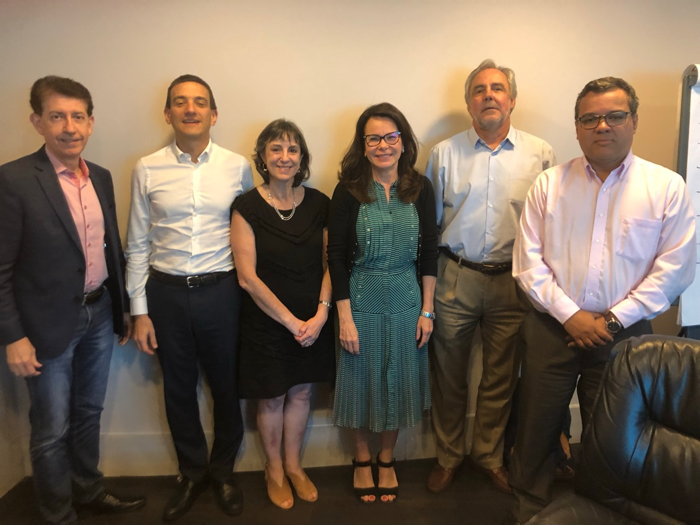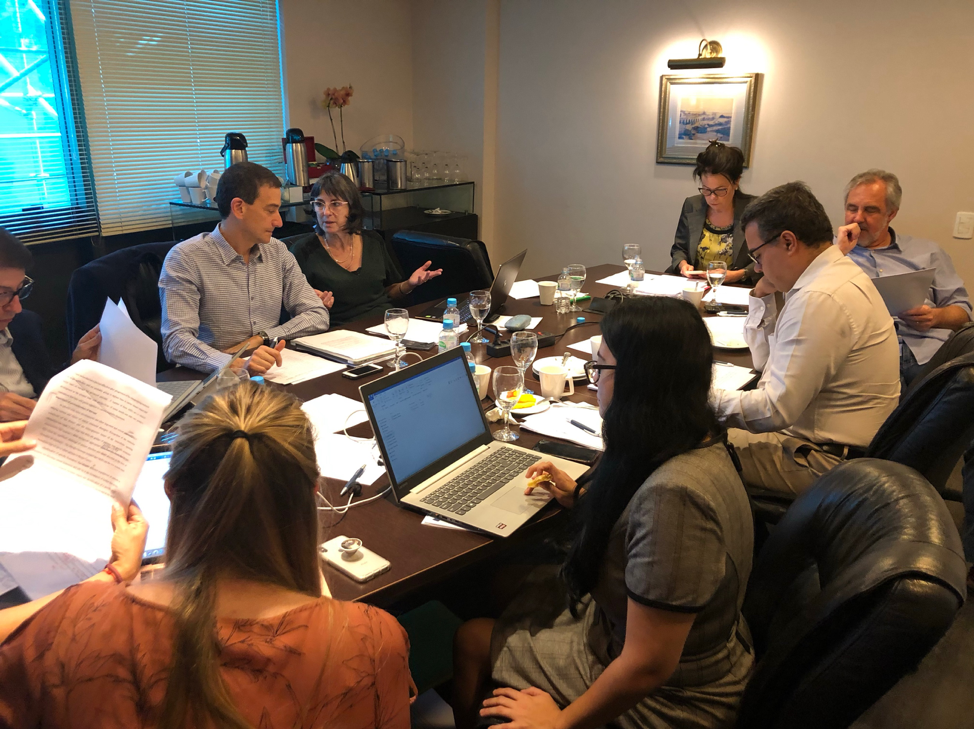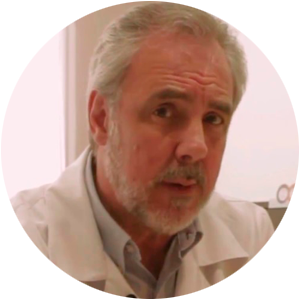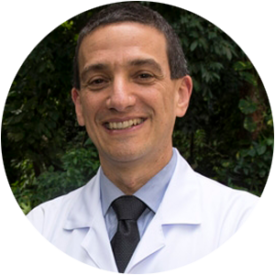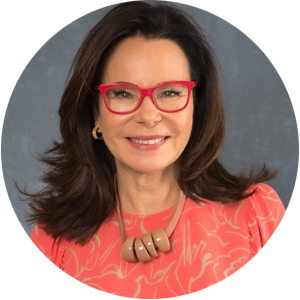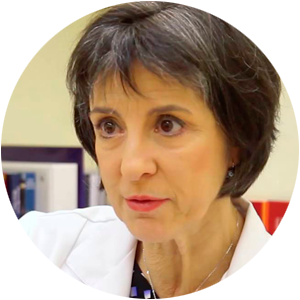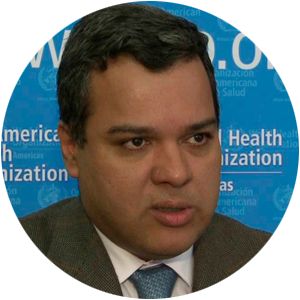24
CDK4/6i
for Breast
Cancer in Brazil
AHF Convenes a Consensus Conference on
HR+/HER2- Advanced Breast Cancer in Brazil
The Challenge of Incorporating CDK4/6i for Breast Cancer in Brazil: A Framework for Improving Access to Innovative Therapies.
Breast cancer remains the most prevalent cancer in the world. Much progress has been made in the diagnosis, management and outcomes of early breast cancer, however major gaps still exist in the treatment and management of advanced breast cancer (ABC) and median survival has remained stubbornly stuck at two to three years after diagnosis, with 50% of cases and 58% of deaths occurring in less developed countries. ABC is an umbrella term for both locally advanced breast cancer (stage 3) and metastatic breast cancer (stage 4). Locally advanced breast cancer occurs when the cancer has spread to lymph nodes and/or other tissue in the area of the breast, but not to more distant sites in the body. Metastatic breast cancer, the most advanced form of the disease, is when the cancer has spread to other parts of the body, such as the bones or liver. At this stage the disease cannot be cured, although treatments are available to control growth of the cancer and to relieve symptoms. Each type of breast cancer is identified by the presence or absence of hormone receptors (estrogen and/or progesterone receptors) and the Human Epidermal Growth Factor Receptor 2 (HER2) found on the surface of cells. When diagnosed, people can be confirmed as being positive or negative for more than one of these receptors.
In November 2019, AHF convened a meeting of Brazilian experts on HR+/HER2- advanced breast cancer in Brazil to develop recommendations for improving awareness, prevention, and treatment of HR+/HER2- breast cancer. The resulting article, "The Challenge of Incorporating CDK4/6i for Breast Cancer in Brazil: A Framework for Improving Access to Innovative Therapies," has been published in JCO Global Oncology. Click here to see the full article.
PANELISTS INCLUDED
